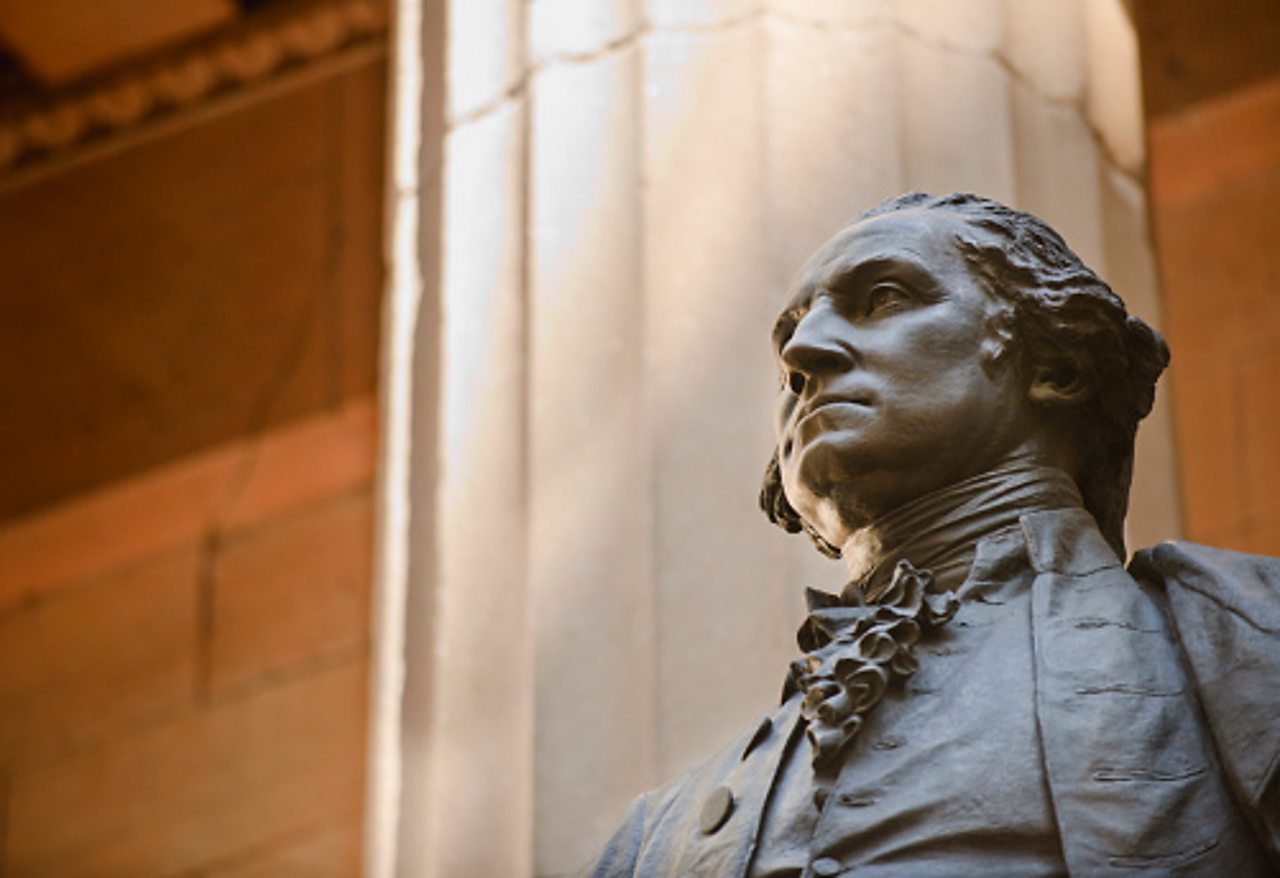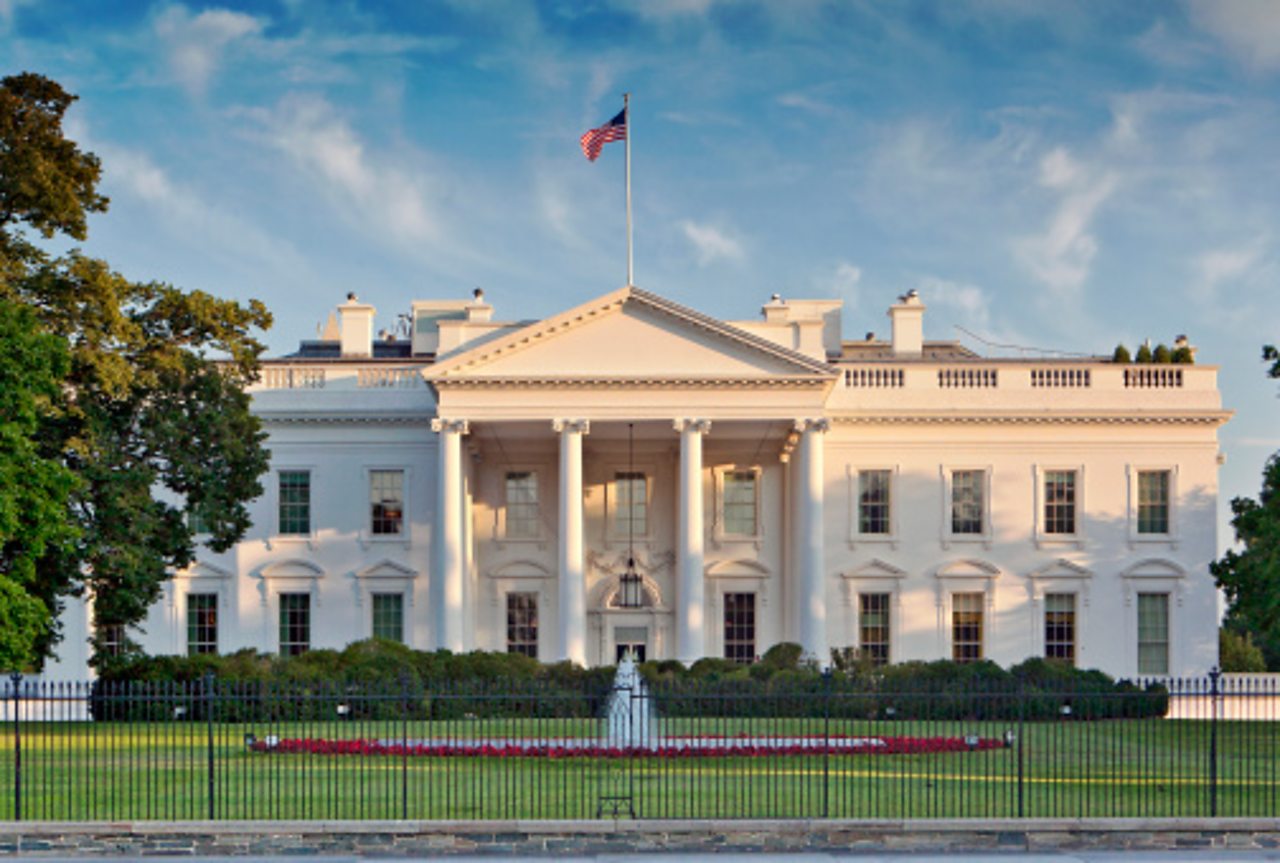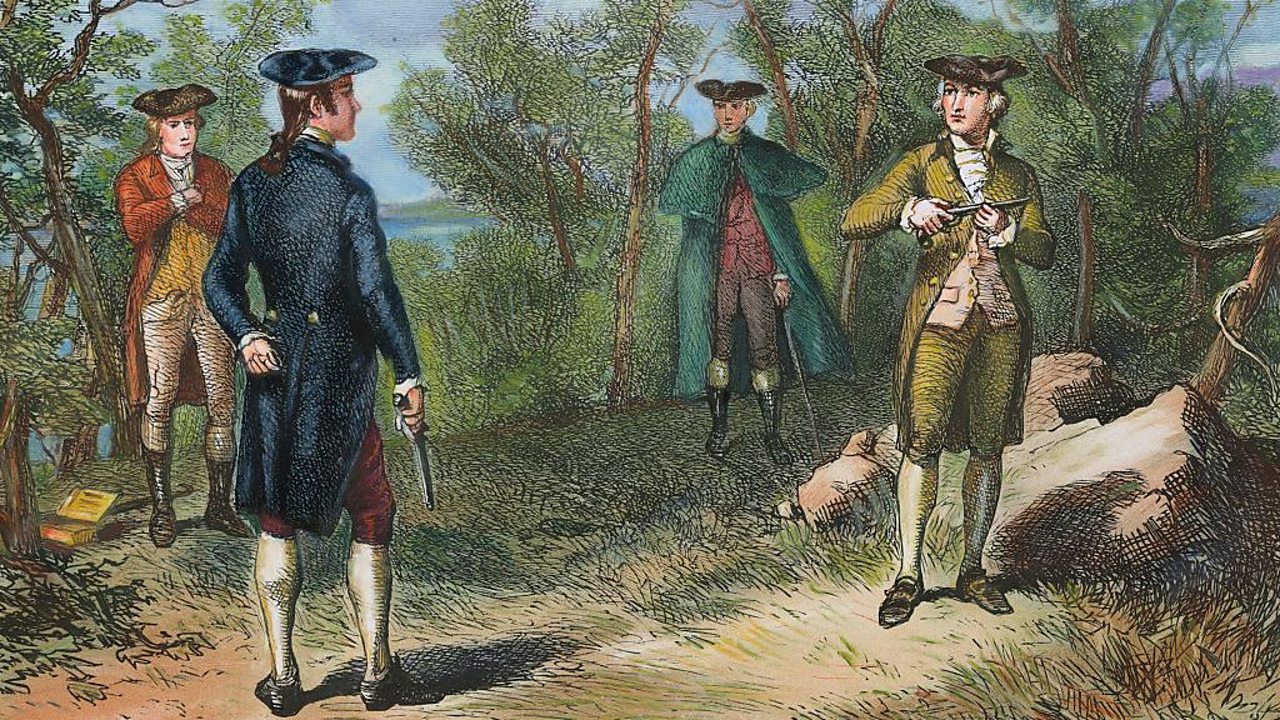|
As President Biden holds his first in-person Cabinet meeting
today, a pair of public opinion polls find he’s the broadly popular
leader of (uh-oh) a democracy a majority of Americans think is sick,
beset by corrupt politicians out of touch with the people, and
needing an overhaul.
The contrasting
numbers hint at the steep political challenges facing Biden,
who isn’t even 100 days into his presidency, and the potential
lingering political potency of populist outsiders from the left or
right elected to shake up the system (whether they do or not).
They also raise
the stakes for the Democrat’s ambitious agenda, which
is anchored on the idea that most Americans want
their government to deliver a sweeping suite of services and
battle social ills like racist prejudice. Biden’s newly released $2
trillion infrastructure package is a massive down payment on that
approach.
|

President Biden waves as he boards Air Force One
for his return to Washington from Pittsburgh International Airport
on Wednesday. (Jonathan Ernst/Reuters)
|
For months, Biden’s aides have made clear they believe his
presidency will be judged — by
history, or as early as the 2022 midterms —
based on his handling of the pandemic and the economy.
On that
score, he appears to be doing well.
Not only do 73 percent of Americans overall approve of his
handling of the coronavirus, according to an
Associated Press-NORC Center for Public Affairs Research poll
taken last week — but roughly half
of Republicans do.
Biden’s numbers
on the economy have ticked up since passage of his
$1.9 trillion rescue package — the
one sending $1,400 checks to millions of Americans — from
55 percent a month ago to 60 percent, the poll found.
His
overall job approval came in at a sturdy 61 percent.
Sixty-two percent of Americans approve of his handling of health
care. Fifty-five percent like his foreign policy. (Former president
Donald Trump’s job approval never broke 50 percent).
The president’s support goes a little wobbly on issues like guns,
where 45 percent approve of his approach. On the border and immigration —
over which Republicans have targeted Biden —
his numbers are 44 percent and 42 percent, respectively.
There are broad partisan divisions, of course. On foreign policy,
69 percent of Democrats say infectious diseases are a threat to the
United States, while just 47 percent of Republicans say the same. And
more Republicans (68 percent) than Democrats (44 percent) say they
worry about China’s global influence.
Partisan divisions play a huge role in another assessment of
public opinion, conducted in November and December of 2020 and
released yesterday by
the Pew Research Center. But
the main takeaway has to be how unhappy Americans are with, well,
America.
Can American democracy make do unchanged, or with tinkering?
Thirty-five percent said yes. But 65 percent said it needs a major change or a full
overhaul.
Does “most politicians are corrupt” describe America? Sixty-seven
percent of Americans agreed it does. (And just 31 percent said no).
Republicans were more likely to say so than Democrats (78 percent vs.
60 percent). But still.
Fifty-six percent of respondents disagreed with the statement
“elected officials care what ordinary people think” and 53 percent
said they were dissatisfied with the way democracy is working in the
United States.
While the AP poll was conducted last week, Pew did its survey in
the weeks after Biden won the election but before the Jan. 6 riot at
the Capitol, at a time when Trump was spreading the lie he was
cheated out of a second term.
Satisfaction
with democracy, like so many other things, is also a partisan
experience.
Republicans were more than twice as happy with the state of things
from 2017 to 2019 as Democrats —
57 percent versus 26 percent, respectively. After Biden won in
November 2020, 50 percent of Democrats were satisfied, while just 39
percent of Republicans agreed.
The Pew survey also found 54 percent of Americans trust government
to do the right thing, and 43 percent do not. That’s compared to 51
percent and 47 percent, respectively, right after Trump took office.
(The Pew survey looked at all of these numbers in France, Germany,
the United Kingdom and the United States. Among its findings: Just 20
percent of French respondents said they trusted the government in
2017, but 55 percent said so late last year —
a remarkably volatile change.)
Trust in government is also a partisan question. Just after
Trump’s inauguration, 66 percent of GOP voters and those who leaned
Republican said they trusted the government, compared to 42 percent
of Democrats and Democrat-leaners. After the November 2020 election,
more Democrats (59 percent) than Republicans (49 percent) trust
government.
In one sign
populism is here to stay, the Pew poll found 79 of all Americans are somewhat or very supportive
of creating citizen assemblies to make recommendations on national
laws while 73 percent favor allowing citizens not Congress vote on
what becomes law.
The Pew poll was done between Biden’s victory and the Jan. 6
insurrection, and attitudes have likely changed since then.
But it still lays out the challenge for Biden. Can he stay
popular, and change Americans’ views of government?
|










